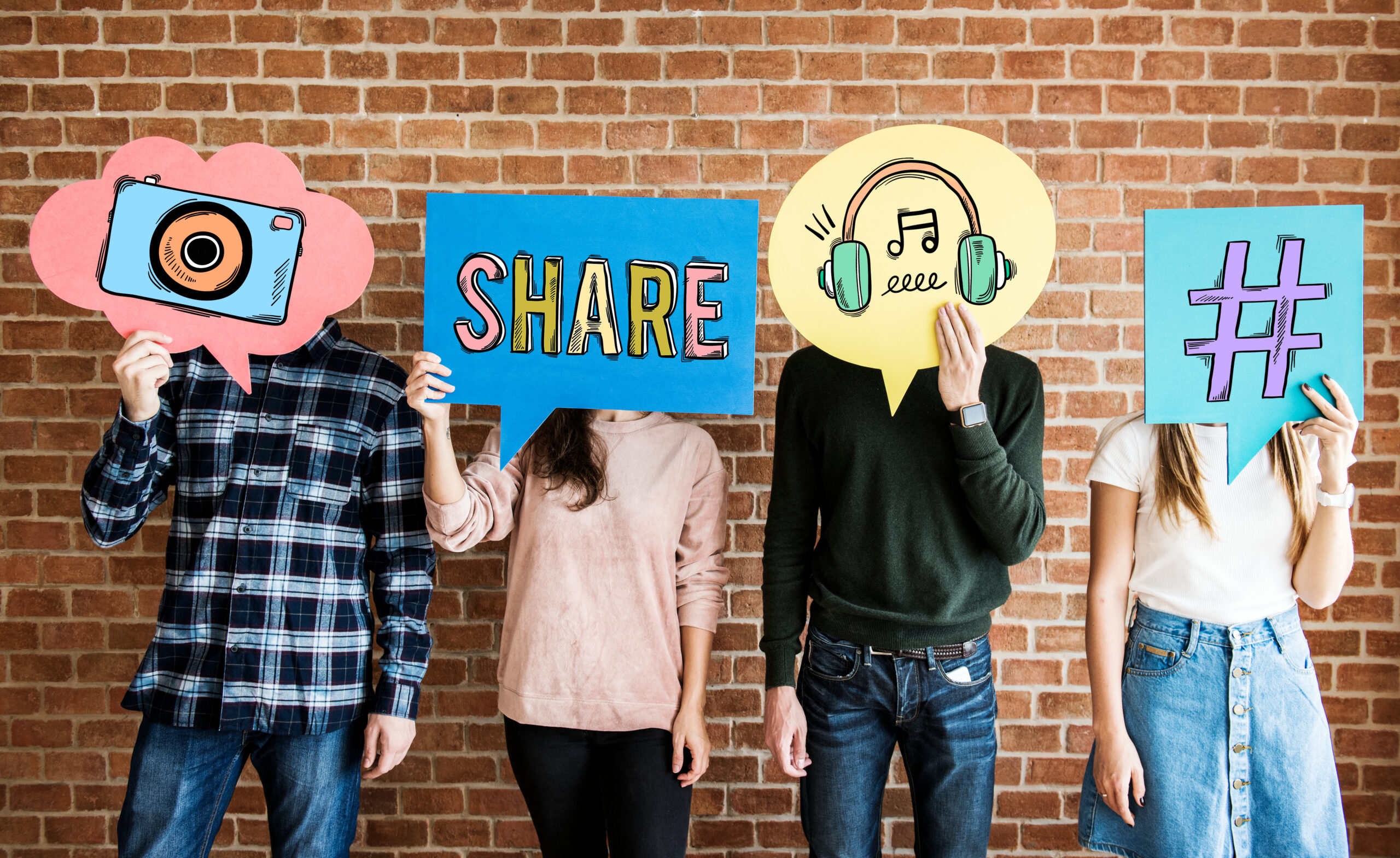In recent years, the entertainment industry has made significant strides toward embracing diversity and inclusion. This transformation is not just a trend but a movement that reflects the industry’s growing awareness of social responsibility. This article explores some of the success stories that illustrate how diversity and inclusion are being championed in various sectors of entertainment, including film, television, music, and theatre.
The Film Industry: Breaking Stereotypes and Shattering Ceilings
One of the most prominent examples of diversity in the film industry is the success of films like “Black Panther” and “Crazy Rich Asians.” “Black Panther,” released in 2018, was a groundbreaking film for several reasons. It was the first superhero movie to feature a predominantly Black cast and crew, and it highlighted African culture and traditions in a positive light. The film not only became a box office hit, grossing over $1.3 billion worldwide, but it also received critical acclaim, earning several Academy Award nominations and winning three. Its success demonstrated the commercial viability of diverse stories and the importance of representation on screen.
Similarly, “Crazy Rich Asians” made waves by featuring an all-Asian cast in a Hollywood film for the first time in 25 years. The movie was a commercial success, grossing over $238 million worldwide, and was praised for its representation of Asian culture and breaking away from stereotypical portrayals. These films have opened doors for more diverse storytelling and have inspired a new generation of filmmakers and actors from underrepresented communities.
Television: Inclusive Storytelling and Diverse Casting
Television has also seen a significant shift towards diversity and inclusion. Shows like “Pose,” “Orange is the New Black,” and “Master of None” have been at the forefront of this change. “Pose,” created by Ryan Murphy, Brad Falchuk, and Steven Canals, is particularly noteworthy for its portrayal of the LGBTQ+ community, specifically transgender individuals. The show features the largest cast of transgender actors in regular roles of any scripted series in history. It has received critical acclaim for its authentic storytelling and has provided a platform for transgender actors and writers.
“Orange is the New Black,” created by Jenji Kohan, is another trailblazing show that has pushed the boundaries of diversity in television. The series features a diverse ensemble cast and explores themes of race, gender, and sexuality. It has been praised for its complex characters and for giving a voice to marginalized groups.
Aziz Ansari’s “Master of None” has also contributed to the conversation about diversity in television. The show explores the experiences of an Indian-American actor navigating life and career in New York City. It has been lauded for its honest and humorous portrayal of cultural identity and for addressing issues such as immigrant experiences and interracial relationships.
Music: Celebrating Multiculturalism
The music industry has long been a melting pot of cultures, and recent years have seen even more explicit efforts to celebrate and promote diversity. Artists like Beyoncé, Bad Bunny, and BTS have been instrumental in this movement.
Beyoncé’s work, particularly her visual album “Lemonade” and the subsequent “Black Is King,” has been celebrated for its celebration of Black culture and its powerful messages about race and identity. “Lemonade” was a critical and commercial success, receiving numerous awards and accolades. “Black Is King” further solidified Beyoncé’s role as a cultural icon who uses her platform to uplift and celebrate her heritage.
Bad Bunny, a Puerto Rican artist, has also been a trailblazer in the music industry. He has broken barriers in the Latin music genre, challenging traditional gender norms and addressing social issues in his music. His success has paved the way for more Latinx artists to gain recognition on a global scale.
BTS, the South Korean boy band, has achieved unprecedented international success, highlighting the global appeal of K-pop. The group’s diverse fanbase, known as ARMY, spans across different countries, cultures, and age groups. BTS’s music often addresses themes of self-love, mental health, and social justice, resonating with fans worldwide.
Theatre: Inclusive Productions and Playwrights
The theatre world has also embraced diversity, with productions like “Hamilton,” “The Color Purple,” and “A Strange Loop” leading the charge. Lin-Manuel Miranda’s “Hamilton” is a prime example of inclusive casting and storytelling. The musical, which tells the story of American Founding Father Alexander Hamilton, features a racially diverse cast and blends various musical styles, including hip-hop, R&B, and traditional show tunes. “Hamilton” has been a cultural phenomenon, winning numerous awards and redefining what a Broadway musical can be.
“The Color Purple,” based on Alice Walker’s novel, has also been a significant success story. The musical, which features a predominantly Black cast, explores themes of racism, sexism, and resilience. Its revival in 2015 received critical acclaim and numerous accolades, further highlighting the importance of diverse stories in theatre.
Michael R. Jackson’s “A Strange Loop” has been another groundbreaking production. The musical, which won the Pulitzer Prize for Drama in 2020, explores the experiences of a Black, queer writer struggling with identity and self-acceptance. Its success has paved the way for more diverse voices in theatre.
Conclusion
The entertainment industry has made significant progress in embracing diversity and inclusion, but there is still much work to be done. These success stories demonstrate the power of diverse storytelling and the importance of representation in media. As the industry continues to evolve, it is crucial to continue supporting and amplifying the voices of underrepresented communities. By doing so, the entertainment industry can continue to be a powerful force for social change and a reflection of the rich diversity of our world.

